An Open Field now online
| In May 2013 twenty-five conservation organisations published a report into the State of Nature in the UK. It revealed that nature is in trouble - overall we are losing wildlife at an alarming rate. Insects are the hardest hit, with the inevitable effect on the rest of the food chain: once common species like the lesser spotted woodpecker, barbastelle bat and hedgehog are vanishing before our eyes. The organisations created the Watchlist Indicator - an index that shows the fortunes of a suite of 77 moths, 19 butterflies, 8 mammals and 51 birds. This shows a shocking decline over the last fifty years, and provides a basis for tracking nature in the decades to come. |
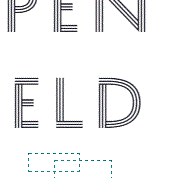
"We invited people from various locations to take a walk with our Associate Artist Luke Pell, he recorded the conversations, and we've turned the words into a poetic landscape. It's an attempt to recreate the experience of walking in a real place but in a different form, an on-line form.”
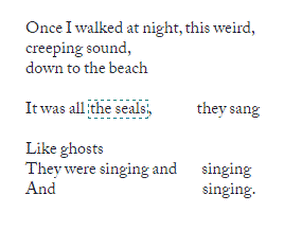
The words on-screen at anopenfield.co.uk are the words of the participants, and the final artwork is a poetic expression of the conversations that happened through each encounter as they walked.
An Open Field is launched today and is produced by Fevered Sleep. Developed and led by associate artist Luke Pell. Design by Valle Walkley. Made with the support of the Calouste Gulbenkian Foundation.
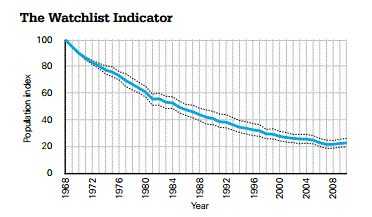
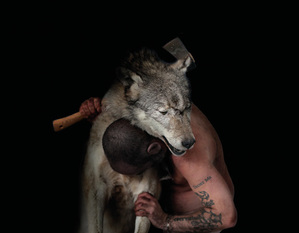
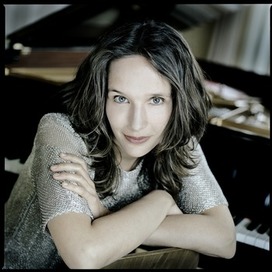
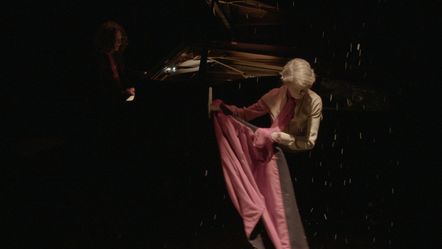
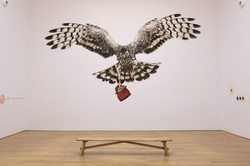
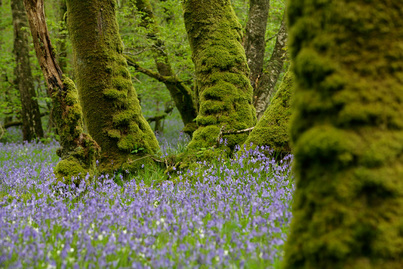
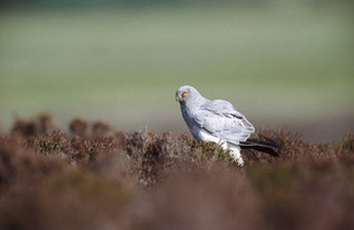
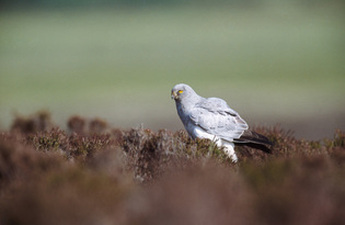
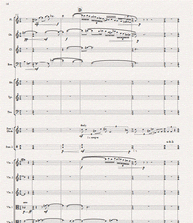
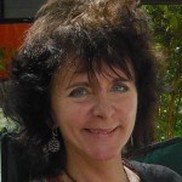
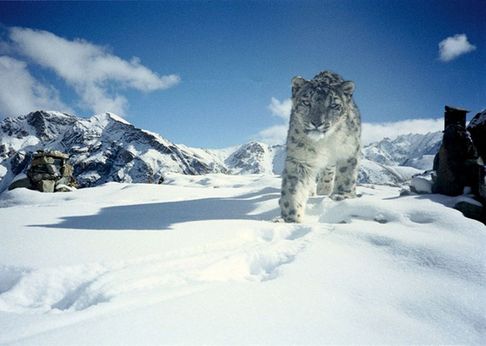
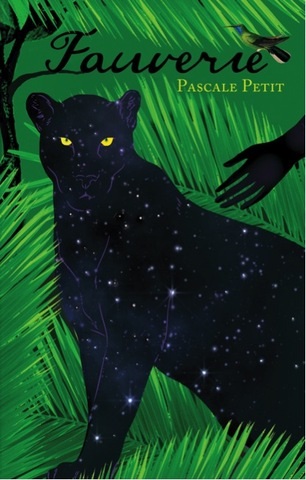
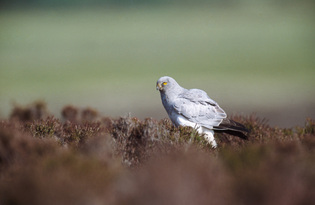
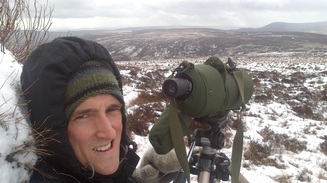
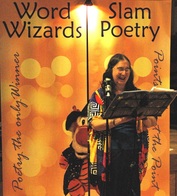

 RSS Feed
RSS Feed
